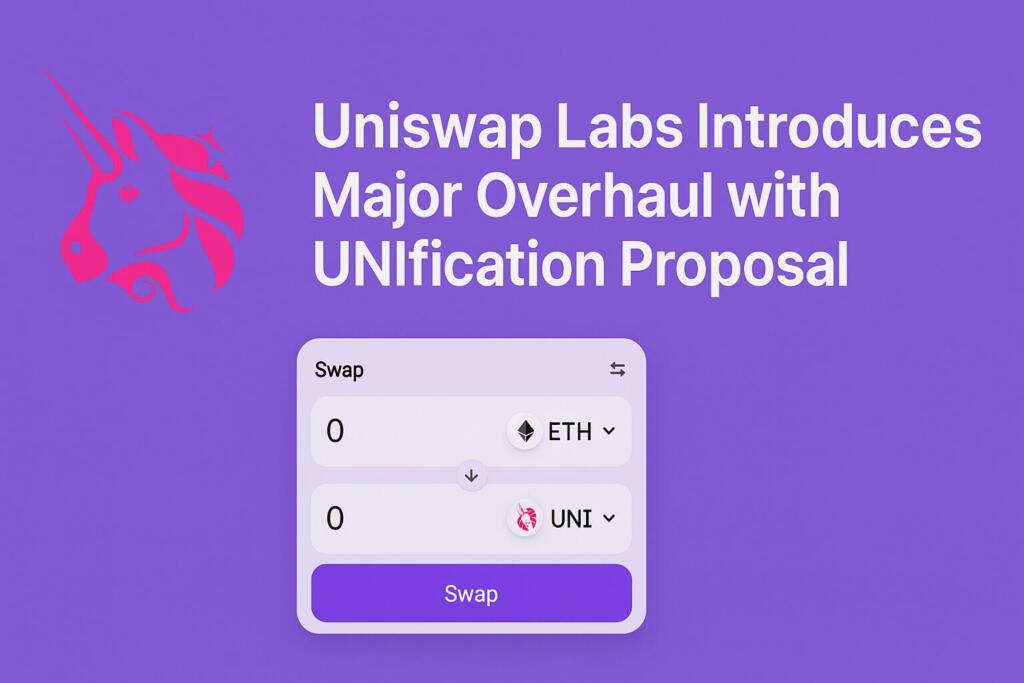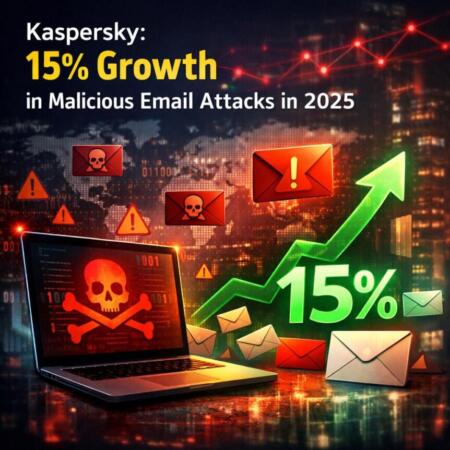Uniswap Labs, in collaboration with the Uniswap Foundation, has unveiled a new proposal aimed at restructuring the decentralized exchange’s future. Titled “UNIfication,” the proposal, released on November 11, focuses on governance changes, token burns, and an integrated growth strategy to strengthen the platform. Initially, the plan had a brief accidental release on November 10, but it now represents a pivotal shift in how Uniswap operates.
At the heart of the UNIfication plan is the introduction of protocol fees, which will fund a UNI token burn system. A significant part of this restructuring includes burning 100 million UNI tokens retroactively from the treasury. This figure represents what would have been burned had protocol fees been in place since the platform’s launch. The goal is to reduce the total supply of UNI tokens, benefiting long-term holders and incentivizing participation in the network. The proposal also includes the implementation of Protocol Fee Discount Auctions, allowing traders to bid for reduced fees and further increasing token burns.
Structural Changes and Collaboration with Foundation
The proposed changes also suggest a merger of Uniswap Labs and the Foundation’s core teams, creating a unified operation. A new leadership structure would comprise a five-member board, including key figures such as Hayden Adams, Devin Walsh, and Ken Ng. This new structure aims to streamline operations and enhance overall effectiveness as the platform progresses. Furthermore, Uniswap’s v4 will become an on-chain aggregator, collecting fees from external liquidity sources through new hooks, creating additional revenue streams.
Uniswap is set to overhaul its business model. The company plans to cease monetizing its core products, including the interface, wallet, and API. Listing fees will be eliminated, and future monetization will focus on aligning with the interests of UNI token holders. Starting in 2026, the company will allocate a 20 million UNI yearly budget for governance, which will be distributed quarterly to support development and ecosystem growth. This new funding model aims to ensure long-term sustainability for the decentralized platform.
UNification: A Step Towards Simplified Governance
The UNIFication proposal represents the most significant reform since the launch of the UNI token in 2020. By simplifying governance and aligning the incentives of all stakeholders, Uniswap hopes to set a new precedent for decentralized decision-making. The proposal, if approved by the DAO, will pave the way for Uniswap to become a more efficient, transparent, and user-aligned protocol.



